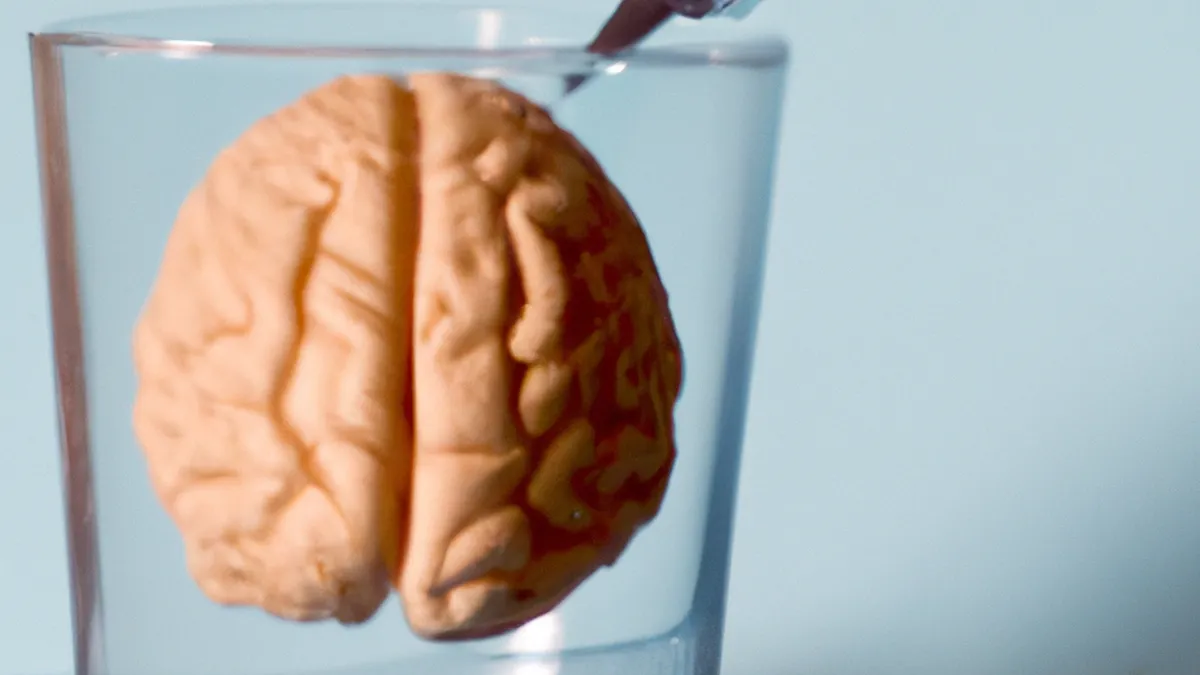Drink Water: Sleep More Soundly Tonight
Hydration’s Impact on SleepSleep forms the foundation of our health and well-being. During sleep, our bodies repair, brains process information, and immune systems strengthen. Many overlook hydration, a crucial factor affecting sleep quality. Studies connect hydration levels directly to sleep quality, emphasizing the need for adequate hydration. This post explores hydration’s relationship with sleep, offers hydration tips, and discusses hydration’s broader benefits.
The Connection Between Hydration and Sleep
Hydration supports various bodily functions, including temperature regulation and digestion. Our bodies consist of about 60% water, making balance essential for health. Even mild dehydration can cause fatigue, headaches, and sleep disturbances.Dehydration triggers physiological responses that disrupt sleep. For example, a dry mouth or throat can make falling or staying asleep difficult. Moreover, dehydration hampers the body’s temperature regulation. An overly warm or cold body prevents restful sleep.Dehydration also affects mood and cognitive function. Studies reveal mild dehydration leads to irritability, anxiety, and reduced cognitive performance. These factors create a cycle of stress and discomfort, worsening sleep issues. Thus, proper hydration is vital for physical health and mental well-being.
Tips for Staying Hydrated
As an Amazon Associate I earn from qualifying purchases.
Gear tip: consider soft flask, hydration tablets, and sleep mask to support this topic.
Prioritize hydration throughout the day to promote better sleep. Consider these practical tips to maintain optimal hydration levels:
1. Drink Water Regularly
Develop a habit of drinking water consistently. Aim for at least eight 8-ounce glasses (about 2 liters) daily. Individual needs vary based on activity level, climate, and health. Keep a reusable water bottle handy to encourage regular sipping. Set reminders to drink water throughout the day.
2. Eat Hydrating Foods
Add hydrating foods to your diet. Many fruits and vegetables have high water content. Watermelon, cucumbers, strawberries, and oranges refresh and provide essential vitamins and minerals. Include these foods in meals and snacks to boost fluid intake.
3. Limit Caffeine and Alcohol
Caffeine and alcohol can dehydrate the body. Caffeine acts as a diuretic, increasing urine production and fluid loss. Alcohol has similar effects. Limit intake, especially in the hours before sleep.
Conclusion
In summary, hydration significantly impacts sleep quality. Staying hydrated promotes better physical health, mental well-being, and restful sleep.
Below are related products based on this post:
FAQ
How does hydration affect sleep quality?
Hydration plays a crucial role in sleep quality by supporting various bodily functions and preventing disturbances. Even mild dehydration can lead to fatigue, headaches, and difficulties in falling or staying asleep, ultimately impacting overall health and well-being.
What are some tips for staying hydrated?
To maintain optimal hydration levels, drink water regularly throughout the day, aiming for at least eight 8-ounce glasses. Incorporating hydrating foods like fruits and vegetables into your diet and limiting caffeine and alcohol intake can also help enhance your hydration.
What are the consequences of dehydration on sleep?
Dehydration can trigger physiological responses that disrupt sleep, such as a dry mouth and impaired temperature regulation. Additionally, it can negatively affect mood and cognitive function, leading to irritability and anxiety, which may further exacerbate sleep issues.















Post Comment